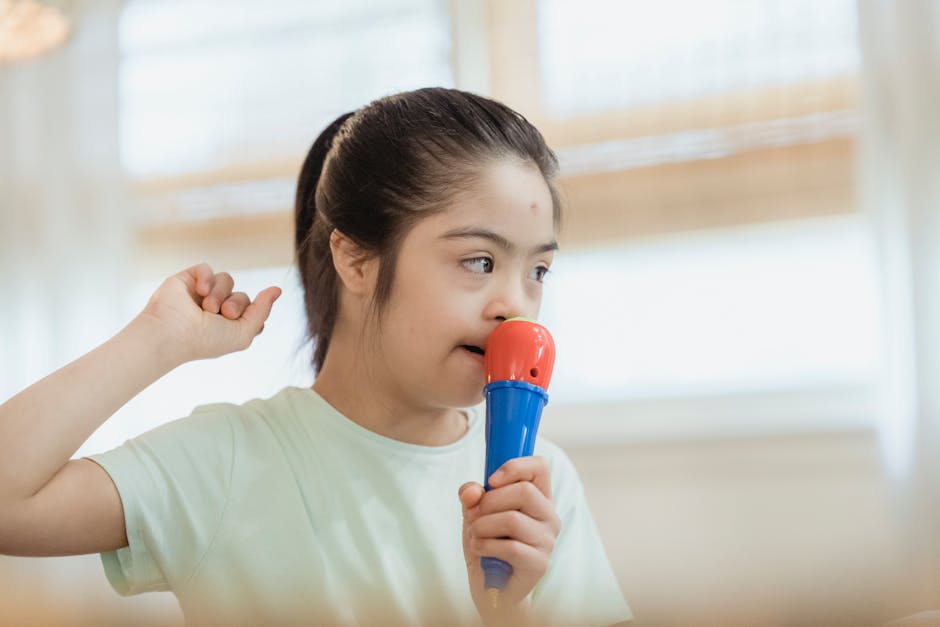Music education, a cornerstone of artistic development, takes on many forms within the music and entertainment industry. No single approach universally reigns supreme, as varied approaches cater to different learning styles, goals, and ultimately, individual aspirations. From formal classroom settings to informal mentorship programs, the spectrum of musical instruction is broad and constantly evolving. Understanding these diverse methodologies is key to appreciating the depth and richness of music training in today’s world.
A critical distinction lies between formal and informal music education. Formal approaches typically follow structured curricula, often within institutions like conservatories, universities, or community music schools. These programs typically offer structured lessons, ensembles, theory classes, and performance opportunities, providing a comprehensive grounding in musical principles and techniques. Conversely, informal learning encompasses a broader range of experiences, from private lessons with experienced musicians to workshops, masterclasses, or even self-directed study using online resources. This type of learning often fosters a more personalized approach, focusing on specific interests and individual needs.
Within the formal realm, diverse pedagogical styles further enrich the landscape. A common approach is the “traditional” method, characterized by meticulous study of technique and theory, often emphasizing rote learning and adherence to established musical conventions. This structure can be exceptionally valuable for aspiring musicians seeking a comprehensive foundation, akin to a classical music training. However, other schools of thought embrace innovative techniques, drawing from various musical traditions.
One such example is the “performance-based” method, which places a strong emphasis on practical application and performance opportunities. This approach is prevalent in music schools and conservatories where students are frequently performing for peers, faculty, or even larger audiences, from early on. The pressure and experience of performing are central to the training, fostering confidence, stage presence, and a nuanced understanding of musicianship. Crucially, this type of education fosters the development of collaborative skills, an essential aspect of the music and entertainment industry.
Contrasting with the traditional or performance-focused approach, the “contemporary” style of music education has emerged to meet the changing demands of popular music. This style often incorporates elements of improvisation, composition, and musical technology alongside more established techniques. Such programs often emphasize creativity and innovation, encouraging exploration of contemporary musical styles and the use of digital instruments and recording techniques. This evolution is particularly relevant for students seeking a path in popular music, creating, producing, or performing.
Beyond these formal frameworks, informal mentorship plays a significant role. Many aspiring musicians find guidance and inspiration through private instruction from established artists, who provide a personalized learning experience. The knowledge transfer isn’t confined to technical skills; it extends to navigating the complexities of the entertainment industry, building networks, and developing a unique artistic voice. Furthermore, industry-specific programs, workshops, and masterclasses often offer invaluable experience in specific genres or techniques. These events serve to bridge the gap between formal education and the practical realities of professional life.
Another essential facet of contemporary music education is the rise of online platforms and resources. These tools provide unparalleled access to a wealth of educational materials, including tutorials, sheet music, and interactive exercises. Online courses can offer flexibility and convenience for learners with different commitments and situations. However, the crucial aspect of personalized feedback and guidance, often inherent in formal classroom settings, is often mitigated in these online environments. As such, combining online resources with in-person mentoring remains a strategic approach for many individuals in the entertainment industry.
The diverse educational pathways aren’t limited to musicians alone; music technology and sound design are integral components. Dedicated courses on music production, sound engineering, and digital audio workstations (DAWs) prepare individuals for roles within the creative and technical aspects of the entertainment industry. These disciplines equip students with practical skills in recording, mixing, mastering, and sound design, often integrating aspects of music theory and composition.
Beyond the technical skills, music education, in all its varied forms, fosters essential life skills. Learning discipline, perseverance, and the ability to work collaboratively under pressure are pivotal qualities honed through music study. These skills transcend the music industry itself, influencing individuals’ performance in other professional and personal settings. Ultimately, the profound impact of music education extends beyond the development of musical abilities, impacting self-expression, creativity, and personal growth.
In conclusion, music education within the entertainment industry isn’t a singular entity. It encompasses a rich tapestry of formal and informal methodologies, each with its strengths and limitations. Traditional, performance-based, contemporary approaches, mentorship programs, and the ever-evolving role of online resources all play crucial roles in shaping aspiring musicians and industry professionals. Recognizing these diverse pathways allows individuals to choose the educational approach that aligns best with their specific aspirations and goals, ultimately contributing to the flourishing of the dynamic music and entertainment world. From nurturing young talents to shaping the careers of seasoned performers, the multifaceted nature of music education remains a vital engine driving creativity and innovation.
